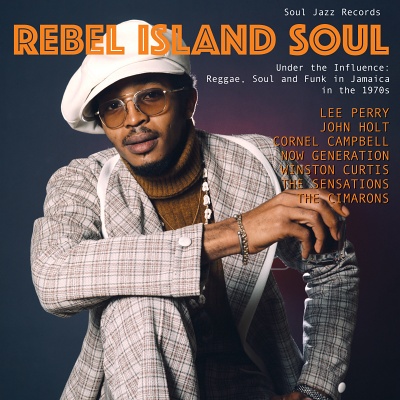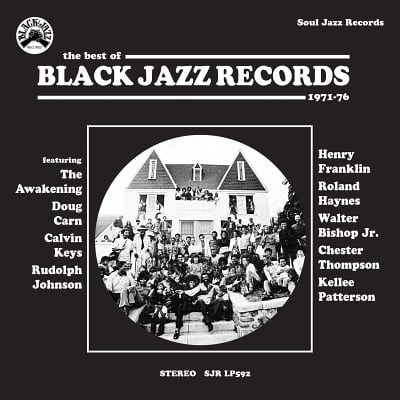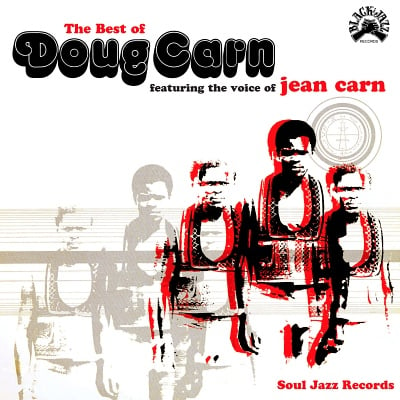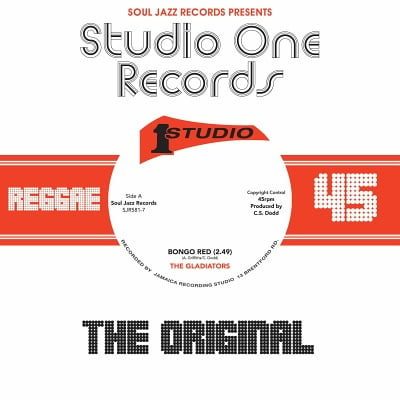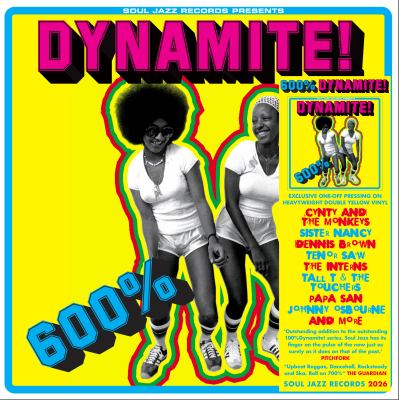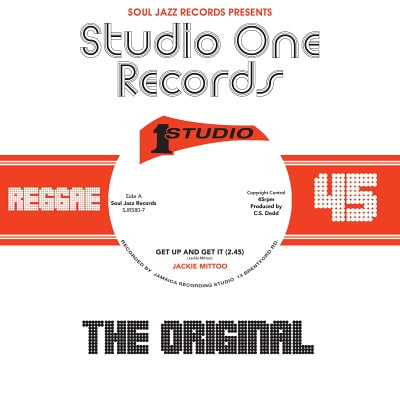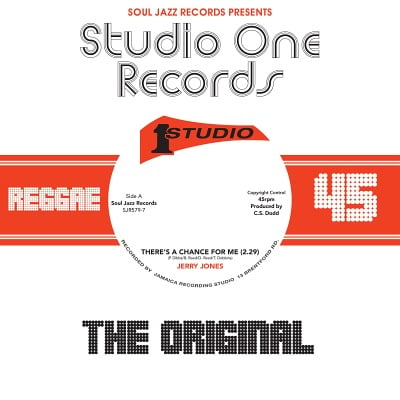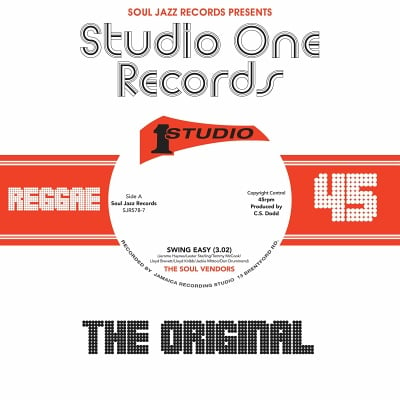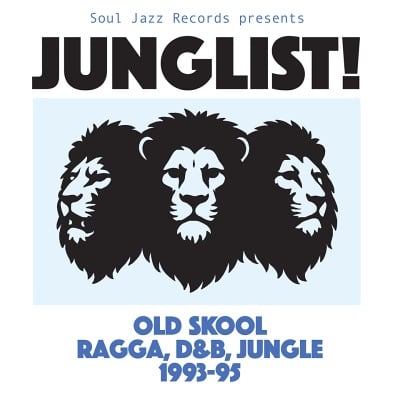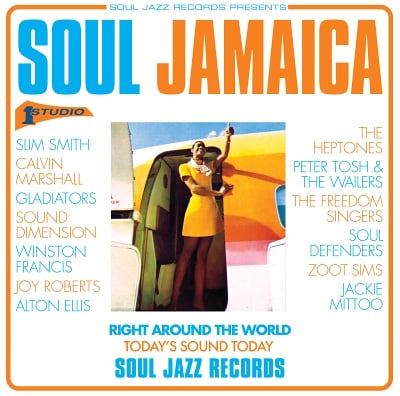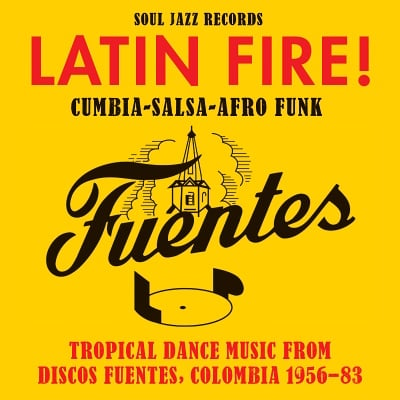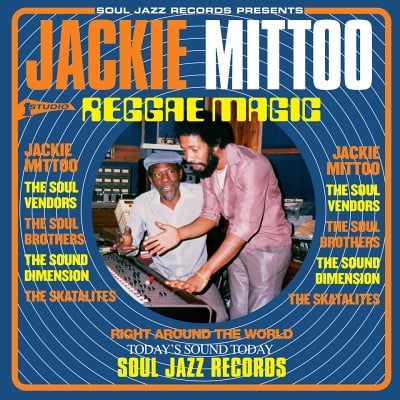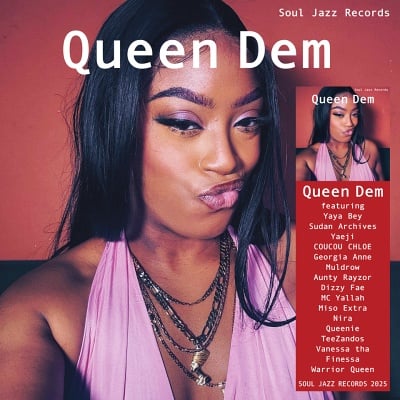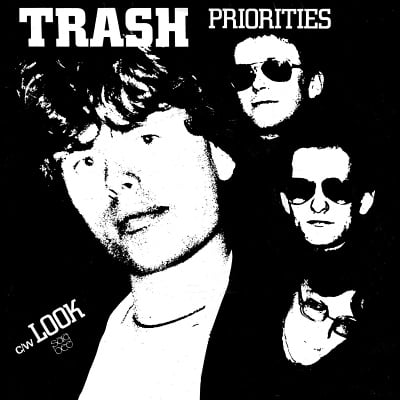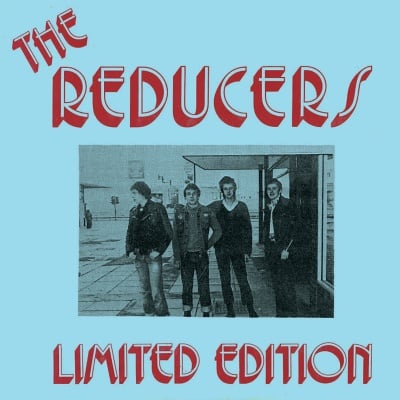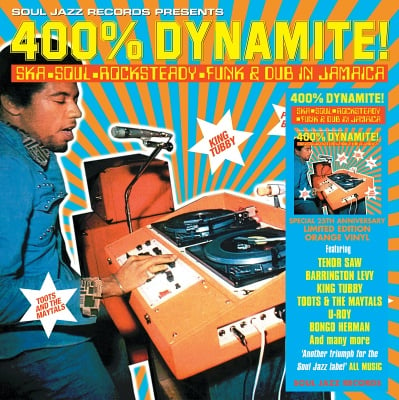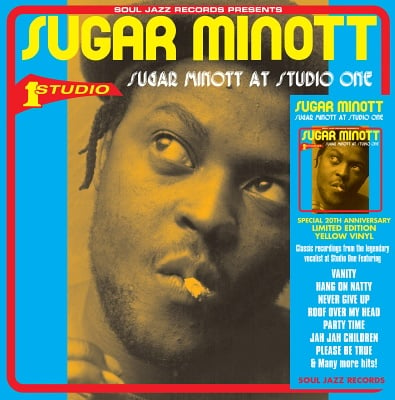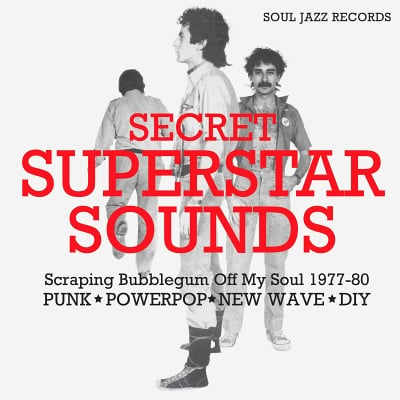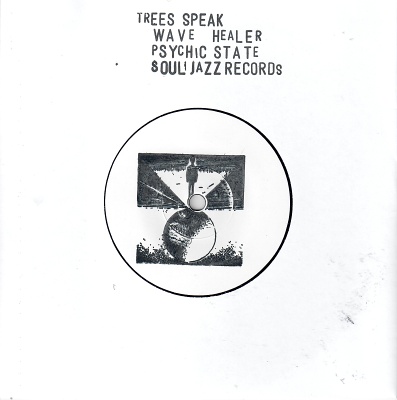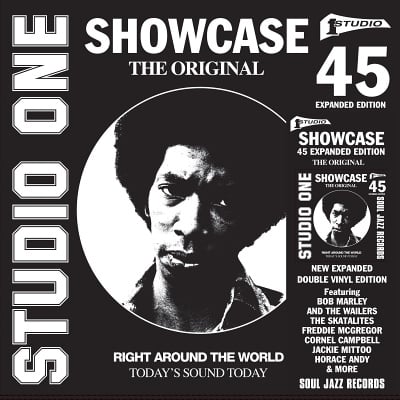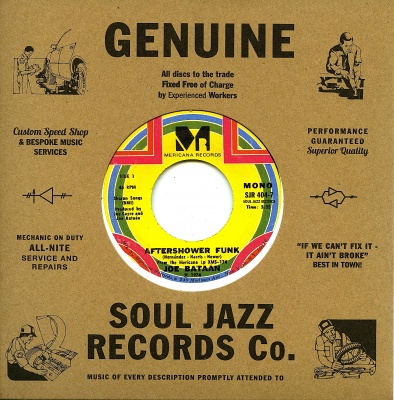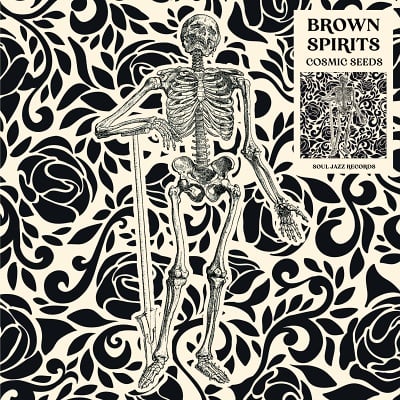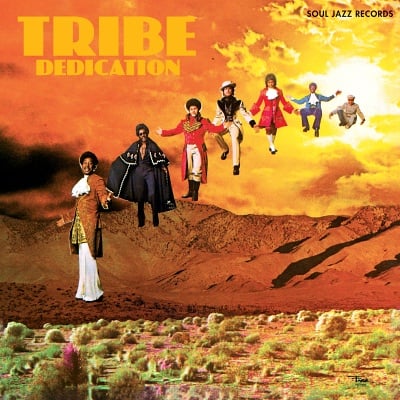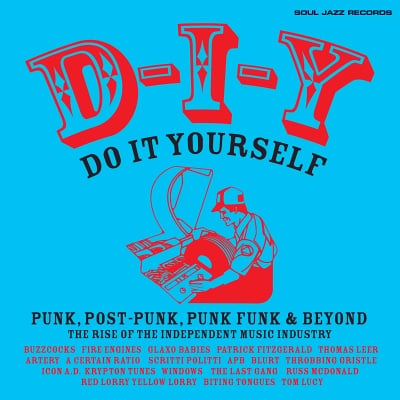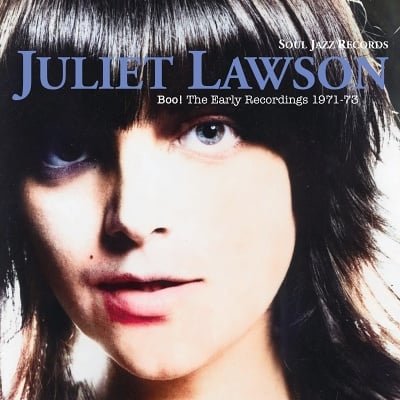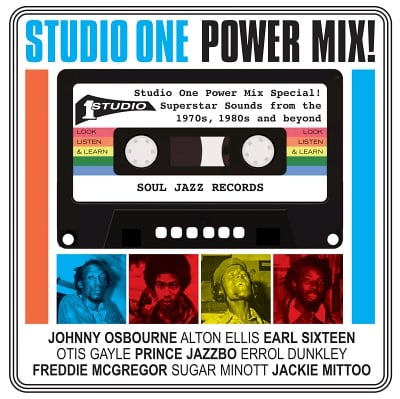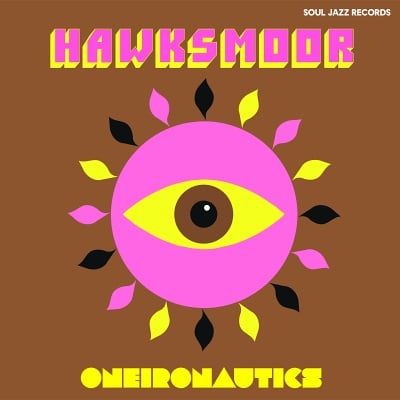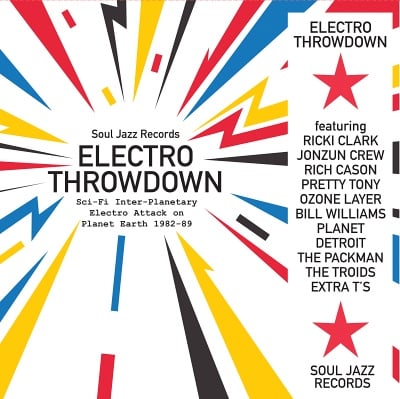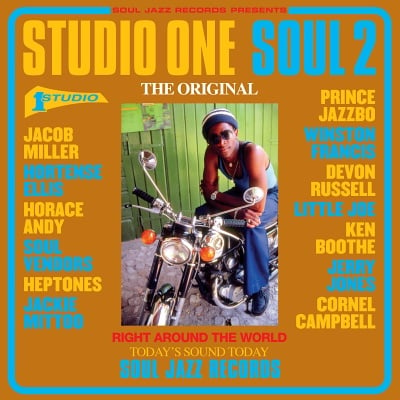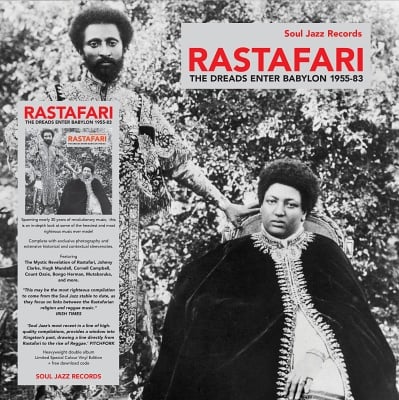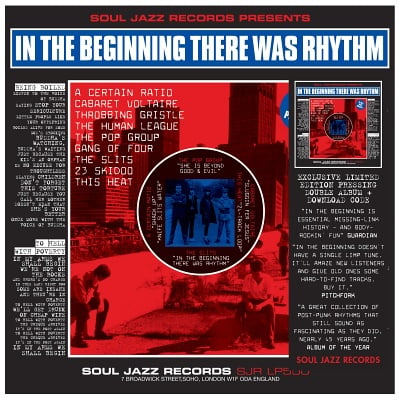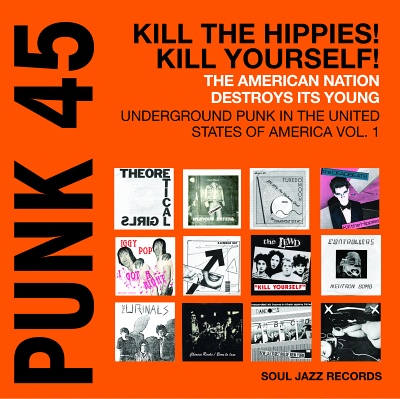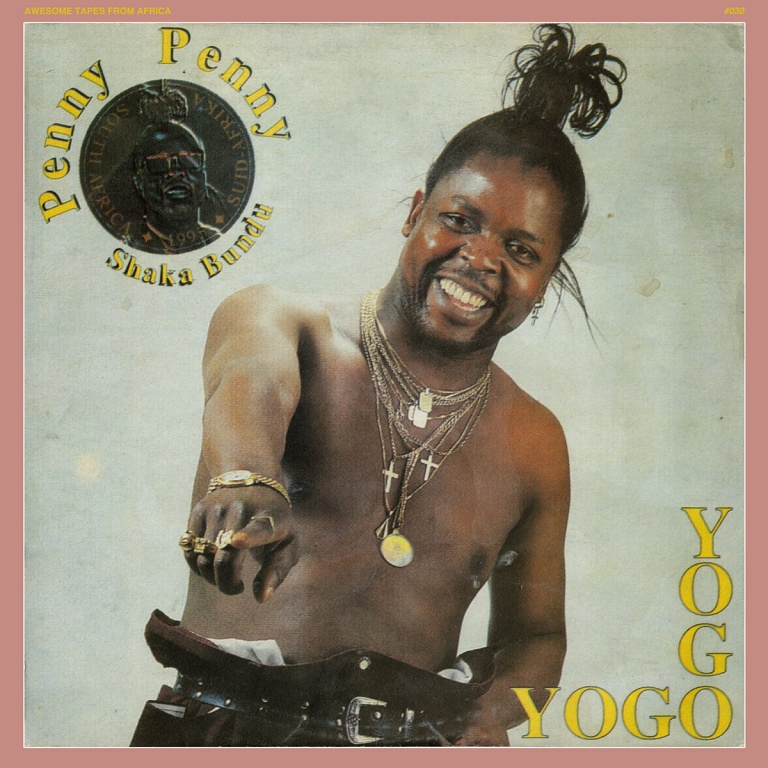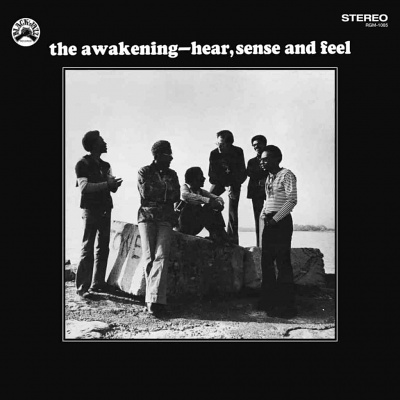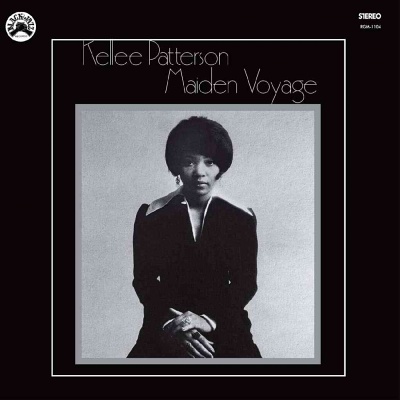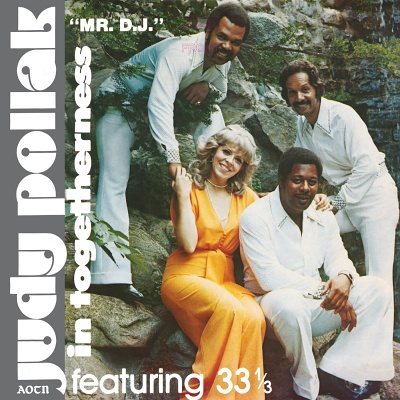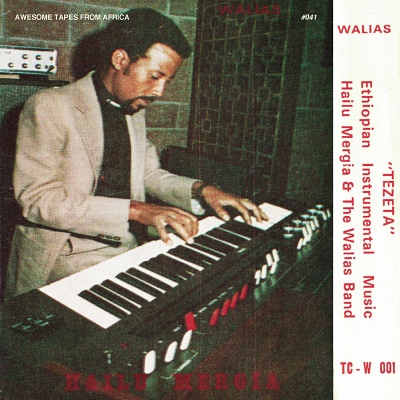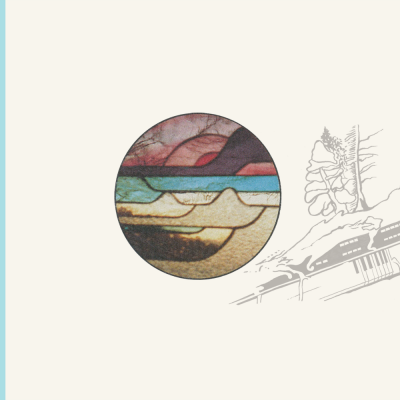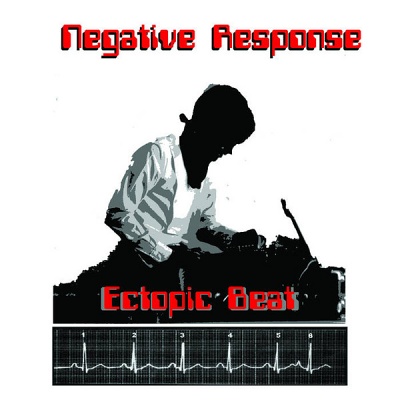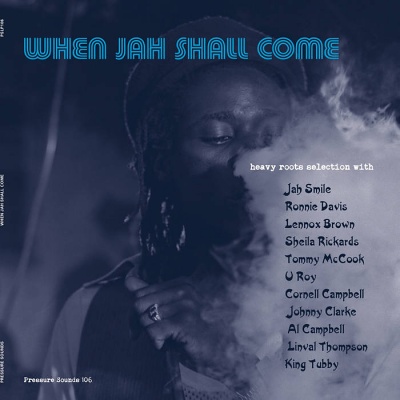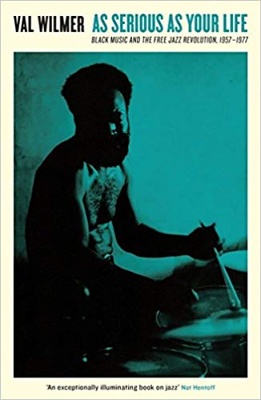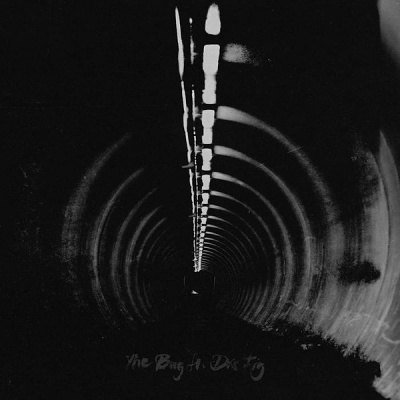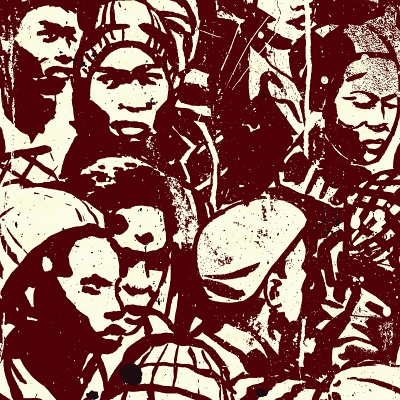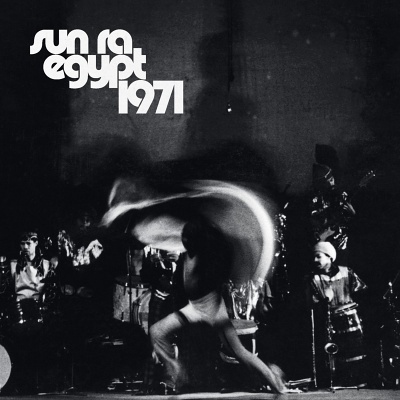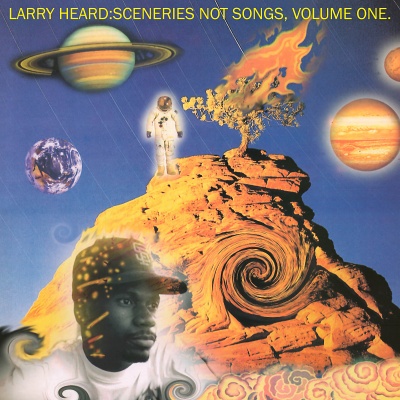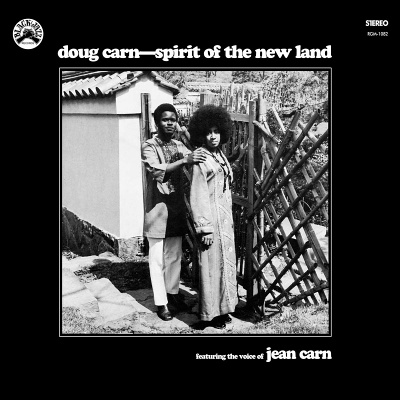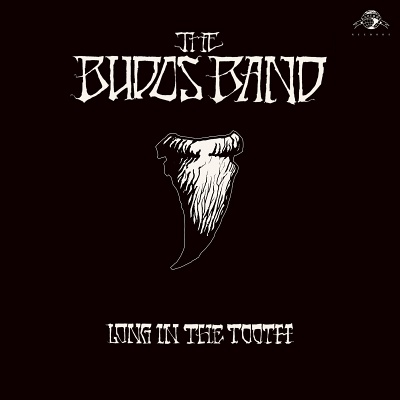- LP + Download Code ATFA030LP£20.00Out of stock Notify me when in stock
- CD ATFA030CD£12.00Out of stock Notify me when in stock
- Cassette Tape ATFA030CS£9.00Out of stock Notify me when in stock
- Penny Penny – Ibola Aids
- Penny Penny – Ingani
- Penny Penny – Amarumasi
- Penny Penny – Kulani Kulani
- Penny Penny – Hai Kamina
- Penny Penny – Yogo Yogo
- Penny Penny – Ti Samboko
- Penny Penny – Ama Owners
The rags-to-riches chronicle of Penny Penny's life would be remarkable if he had only released his smash debut Shaka Bundu and packed houses for a few years. But the inimitable South African singer and dancer known for his trademark top ponytail and emphatic anthems was no one-hit wonder. In the aftermath of Shaka Bundu's nationwide explosion, far beyond his country the album resonated with ever bigger audiences. He performed up and down the continent, building fanbases in more than a dozen countries. So his sophomore album Yogo Yogo - released in 1996 - solidified Penny Penny's standing in pop music nationally and provided new energy to his pan-African stadium-filling adventures. "I was very busy between Shaka Bundu and Yogo Yogo. Shows every week, local and outside the country. There was no relaxing from 1995 until 1999." The album also reflects the era in which it emerged. If Shaka Bundu arrived triumphantly amid newfound political freedom in South Africa with the end of Apartheid and Nelson Mandela's election, Yogo Yogo was a next level expression for the maturing artist. He wanted to get a message out. Composed with Joe Shirimani, who also produced the album, the sound and compositional style echoes the earlier recording but the topical nature of the lyrics became more deliberate, more didactic. In the song "Ingani" Penny proclaims, we are all one people even though we may speak different languages, we are all Nguni—a larger historical grouping that includes many of the ethnic groups in modern South Africa. "Kulani Kulani," which means grow up, urges young people to say no to drugs and yes to education. Ama Owners, referring to the public transport drivers involved in violent rumbles, asks the nation's drivers to relax because we need them for our safe arrival. Penny's success as a Xitsonga artist should not be under-estimated in the context of popular music at the time in South Africa.
